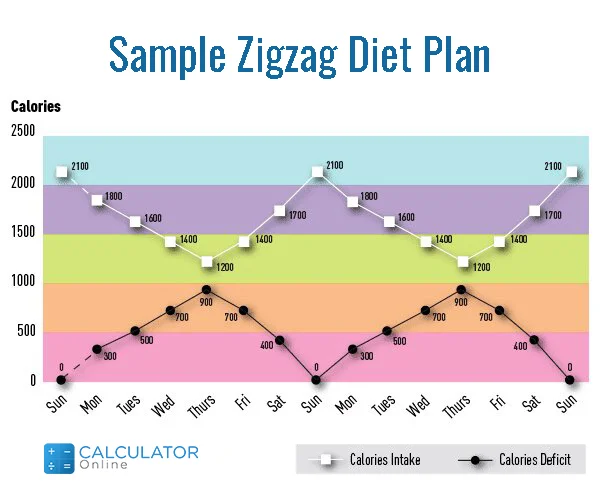Protein and Weight Loss: How Much Protein Do You Need to Eat Per Day? Decades of scientific research on nutrition and weight loss has uncovered a few key pieces of information on what helps people successfully win the battle of the bulge. Calories of protein per gram, we know that while exercise is important, a person’s healthy eating habits likely matters more for weight loss than the hours they spend in the gym.
This article is going to cut through a lot of the noise surrounding protein and tell you how much protein you should be eating to lose weight and some of the things you should consider when planning your diet. This article, along with our free weight loss course – The Science Behind Effective Weight Loss – will provide you with smart strategies for safe and effective weight loss. How much protein per day to lose weight? What are the benefits of protein in weight loss? Protein is an important macronutrient that is involved in nearly all bodily functions and processes. It plays a key role in exercise recovery and is an essential dietary nutrient for healthy living.

The elements carbon, hydrogen, oxygen, and nitrogen combine to form amino acids, the building blocks of protein. Protein and amino acids are primarily use to create bodily tissues, form enzymes and cellular transporters, maintain fluid balance, and more. If you want to lose weight, aim for a daily protein intake between 1. Athletes and heavy exercisers should consume 2.
Dietary protein can be an important part of a diet that is intended for weight loss. Let us take a deeper dive into each of these topics. One of the biggest things that impedes weight loss is hunger. People are far less likely to stick with a nutrition or diet plan if they experience high levels of hunger. Several different lines of research have all pointed to the same thing: higher protein intakes tend to provide more satiety and less hunger. Currently, there is no consensus on the optimal level of daily protein intake in one’s diet with regard to stay full. In addition, protein has another benefit on weight loss: it helps preserve lean body mass during periods of caloric restriction.
